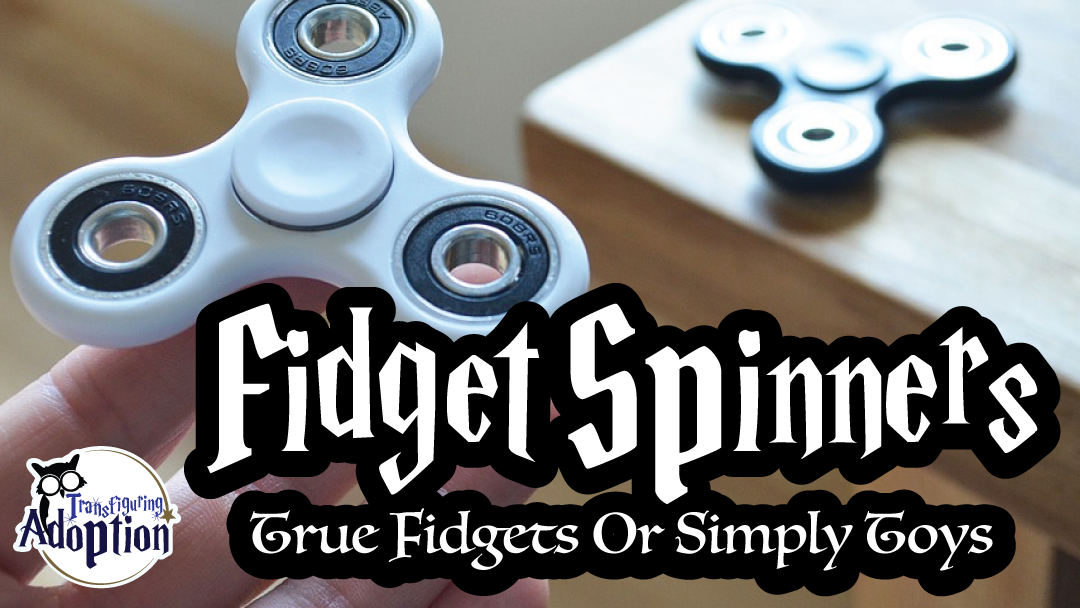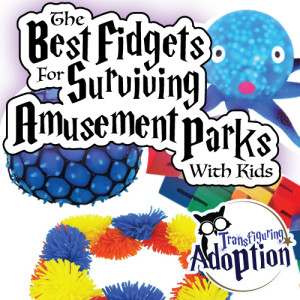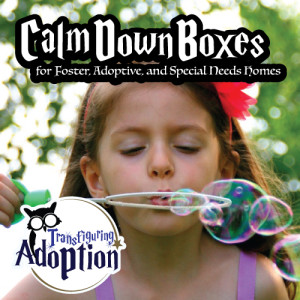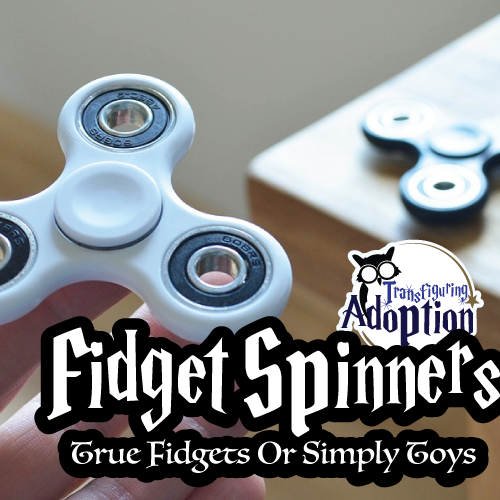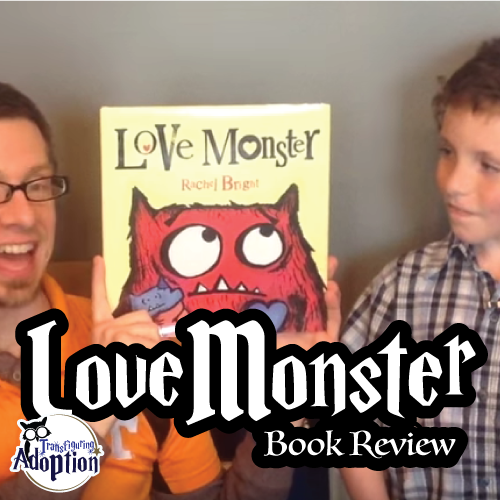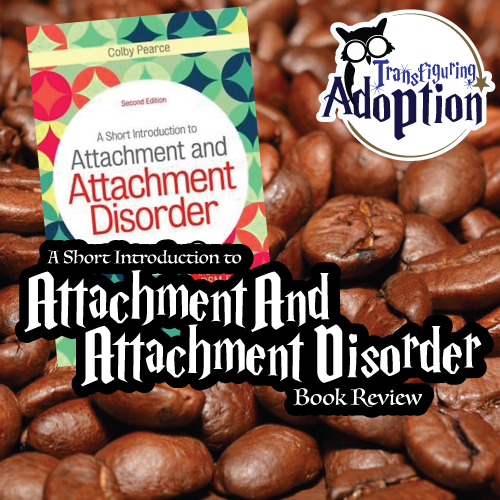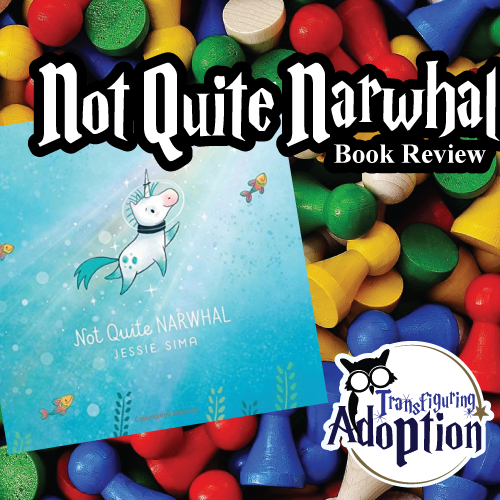Fidget spinners have become the desire of kids of all ages across the United States, inundating checkout lanes and mall kiosks. Having started as a simple contraption, they are now being sold in light-up and singing versions and come in all shapes and sizes.
What I Love About the Craze
Before the beginning of the current fidget spinner craze and the smaller trend of fidget cubes which preceded it, the term “fidget” as a noun was not well known outside of circles of therapists and parents of children with special needs. As a matter of fact, just months ago our volunteers discussed holding a fidget drive to collect fidgets to give to foster and adoptive families, but they struggled with how to express succinctly what they would be collecting. The fidget spinner and fidget cube have both also normalized the use of fidgets somewhat, making children who need these tools feel less odd for using something their classmates do not.
So What Is a Fidget Exactly and Who Do They Help?
To fidget, as defined by Dictionary.com, means to move about restlessly, nervously, or impatiently. Fidgeting is very common among children with ADD/ADHD (attention deficit disorder and attention deficit hyperactivity disorder), autism, anxiety, mood regulation disorders, and trauma.
Children who are in foster care, who have been adopted, or who have special needs often lack the ability to calm, or self-soothe, themselves, and it’s our job as their life coaches to teach them these skills and also to come alongside and calm them until they learn to do it themselves. Kids with any of the aforementioned difficulties need sensory activities to help them calm down. Engaging the senses and providing motor activities in different ways produces calming effects, reducing stress and anxiety and helping the brain and senses organize themselves and increasing attention. Fidgets are objects that provide sensory input and motor activity that produce calming effects for their users, they increase attention, and they allow users to better filter sensory input.
“Fidgets are objects that provide sensory input and motor activity that produce calming effects for their users, they increase attention, and they allow users to better filter sensory input.”
Are Fidget Spinners True Fidgets?
In our travels, we have encountered teacher after teacher who loathes fidget spinners. These fidgets have sparked controversy and begun to be banned in schools several states. Good fidgets provide a sensory experience for their users without distracting them or others around them. Fidget spinners are visually distracting to those using them and to others who can see them. One teacher talked about children who do not need fidgets playing with them in her classroom and about students spinning them on their nose. Additionally, fidget spinners do not provide much gross motor engagement or tactile stimulation. While research has not been done to test out this new fad, the general consensus among scientists, therapists, teachers, and parents seems to be that fidget spinners are toys and NOT true fidgets.
How Can You Help Your Child?
Every child is different, so we recommend you experiment with what types of motor activities and sensory experiences help your child to be calm and attentive. Check out our blogs—”The Best Fidgets for Surviving Amusement Parks with Kids” and “Calm Down Boxes for Foster, Adoptive and Special Needs Homes“—for ideas!
